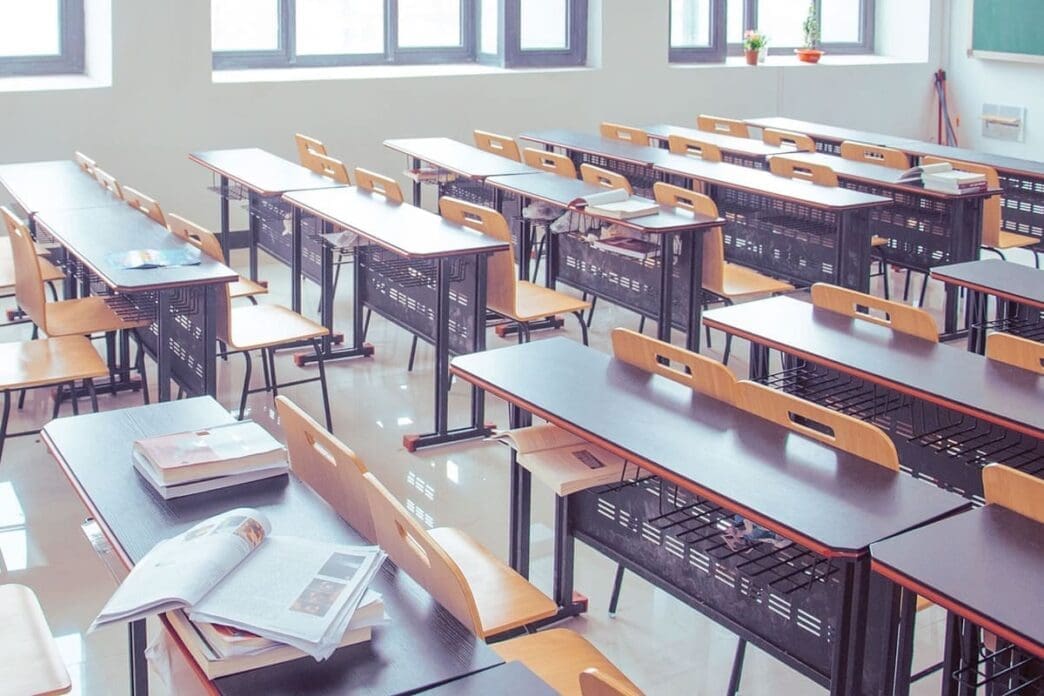In a significant legislative move, Florida is considering a bill that may end in-state tuition for undocumented college students, particularly affecting those under the Deferred Action for Childhood Arrivals (DACA) program. Senator Randy Fine, the proponent of this bill, argues that education funds for undocumented students could be better allocated elsewhere.
In 2014, Florida enacted a law that allowed undocumented students to pay in-state tuition rates, providing financial relief by avoiding the higher costs associated with out-of-state tuition. However, recent legislative developments indicate a potential reversal of this policy. Senator Randy Fine has introduced a bill aimed at revoking this privilege, contending that undocumented students should seek education in their countries of origin instead.
Senator Fine’s proposal has sparked a substantial debate around the allocation of educational resources and the state’s stance on supporting undocumented students. His position emphasizes redirecting funds currently used for their education to alternative areas, suggesting that the financial burden on the state could be reduced without in-state tuition benefits for undocumented students.
Meanwhile, Florida’s educational landscape is witnessing other transformative shifts. Notably, a collaboration between Ohalo Genetics, Inc., the University of Florida’s Institute of Food and Agricultural Sciences, and the Florida Strawberry Growers Association aims to combat neopestalotiopsis, a fungal disease threatening the state’s lucrative strawberry industry. This disease has significantly impacted the livelihood of farmers, highlighting the importance of agricultural innovation and resource allocation.
In a move towards sustainability, Dixie County, located near Gainesville, has switched to a fleet of 23 new electric school buses. These buses are not only environmentally friendly but also equipped with air conditioning, enhancing comfort for both drivers and students. Such initiatives reflect a growing trend of environmentally conscious decision-making in educational infrastructures.
Additionally, Florida colleges are under scrutiny as they review their curricula for potentially antisemitic content. This initiative reflects the state’s commitment to eliminating discrimination and ensuring inclusivity within educational environments. However, perspectives like those of USF History Professor Fraser Ottanelli suggest that Florida should extend this examination to all forms of discriminatory content across the board.
In contrast to a focus on undocumented students and curriculum revisions, there is a distinct push from state leaders to elevate the rankings of Florida universities, aiming for higher placement in the U.S. News & World Report by 2030. This ambition is part of a broader effort to enhance Florida’s educational prestige and attract more students to its institutions.
The developments in Florida’s educational policy, from tuition adjustments for undocumented students to agricultural innovations and electric school buses, signal a dynamic period of change. The proposed bill by Senator Randy Fine reflects broader debates about resource allocation and educational priorities in the state. As Florida navigates these issues, the impact on students, educators, and industries will be closely watched.
Source: Floridatrend








